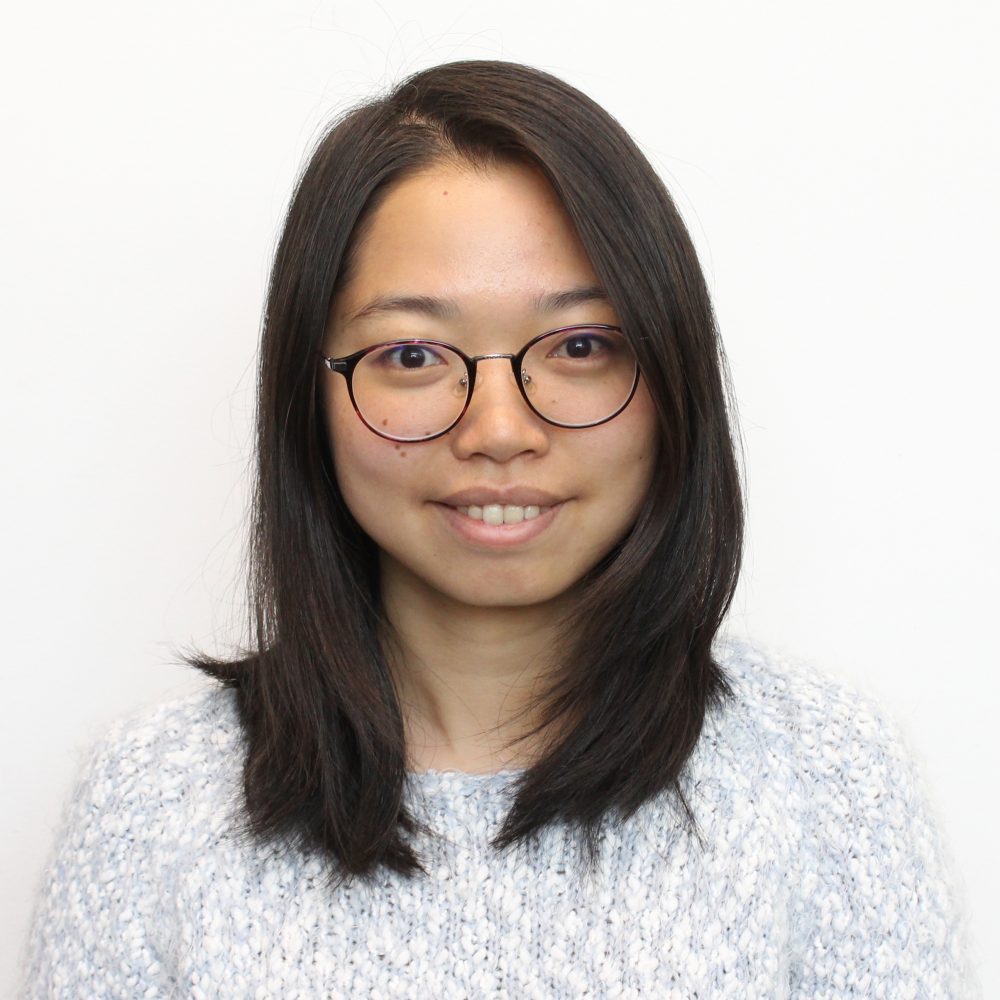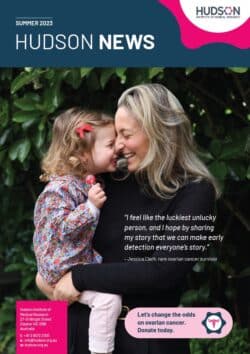Dr Le (Christy) Ying
- Postdoctoral Scientist, Regulation of Interferon and Innate Signalling
- le.ying@hudson.org.au
Dr Le (Christy) Ying is a member of the Regulation of Interferon and Innate Signalling Research group in the Centre for Innate Immunity and Infectious Diseases.

Areas of interest
COVID-19 Endometriosis Inflammation and cancer Inflammatory bowel disease (IBD) Influenza Lung cancer Microbiome in health and disease Ovarian cancer
Research group
Regulation of Interferon and Innate Signalling
Biography
Dr. Le (Christy) Ying is an accomplished postdoctoral researcher in the Centre for Innate Immunity and Infectious Diseases at the Hudson Institute of Medical Research. With a commendable portfolio of 33 publications—12 of which list her as the first author and another 4 as the senior author—Dr. Ying’s contributions are making notable impressions in her field. Her findings have been featured in renowned journals including Nature, Nature Communications, the Journal of Pathology, Oncoimmunology, etc. Her dedication and prowess in research have been recognized through several awards. Notably, she received the Hudson Science Innovation Seed Award, Harold Mitchell Fellowship and the Australia-Japan Medical Research Travel Grant for her innovative endeavours. Harnessing advanced methodologies like Nanopore sequencing and multiplex immunofluorescence, Dr. Ying delves deep into topics surrounding the tumour microenvironment, cancer immunology, and regulatory elements of type I and III interferons.
Dr. Ying completed her Ph.D. from Zhejiang University in 2018, where she initiated insightful investigations into the role of tea-derived bioactive compounds in cancer epigenetics. She further enhanced the classification framework for cancer patients through her innovative combination of immune checkpoint PD-L1 with other immune cell markers. Upon joining the Prof. Richard Ferrero’s group, she investigated the role of NLRC5 in Helicobacter-induced B-cell lymphomagenesis. By 2020, she transitioned to Prof. Paul Hertzog’s group, advancing the understanding of type I and III interferons regulation using cutting-edge induced pluripotent stem cell (iPSC) technology.
Publication highlights



